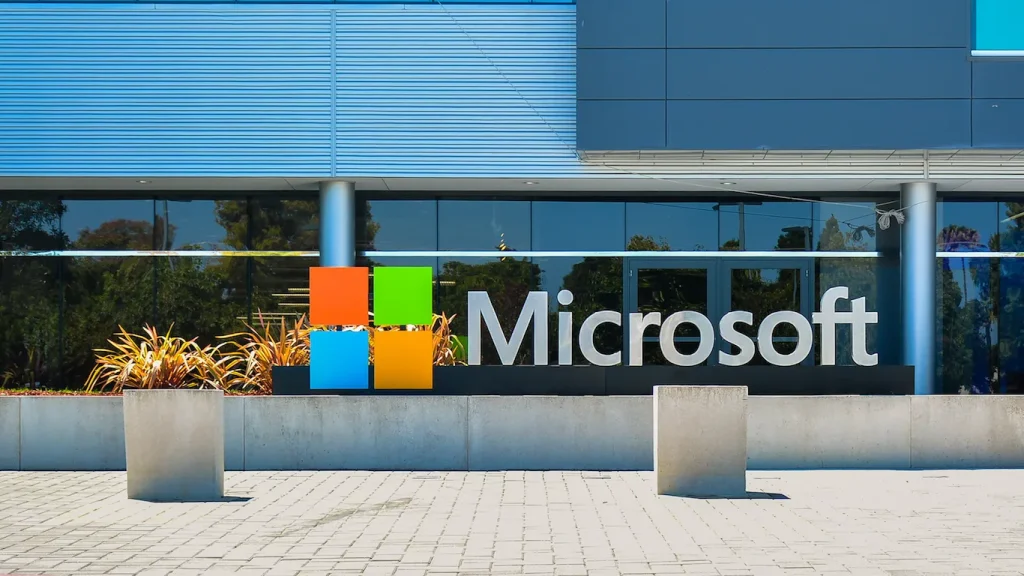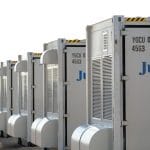Microsoft Expands Clean Energy Portfolio in Japan with New Shizen Solar Deals

- Microsoft signs three new 20-year solar power purchase agreements with Shizen Energy, securing 100 MW of capacity in Japan.
- Projects in Kyushu and Chugoku will support the tech company’s local data centers as Japan accelerates its renewable energy buildout.
- The deals advance Microsoft’s 2025 renewable energy and 2030 carbon-negative goals while reinforcing corporate demand in Japan’s power market.
Microsoft has expanded its renewable energy footprint in Japan, signing three new solar power purchase agreements (PPAs) with Shizen Energy that bring its total commitment with the developer to 100 megawatts.
The agreements, each structured as 20-year contracts, cover projects located in the Kyushu and Chugoku regions. One of the solar facilities is already operational, while two others are under construction and expected to deliver clean electricity into Japan’s grid in the coming years.
The deals build on Microsoft’s initial partnership with Shizen in 2023 and reflect growing competition among global tech companies to secure renewable energy supply in markets where low-carbon electricity remains constrained.
Data Centers Drive Demand
Microsoft’s expansion comes as Japan pushes to diversify its energy mix away from fossil fuels and nuclear dependence, a shift that has created demand for long-term renewable contracts. For Microsoft, the projects will directly support the decarbonization of its Japanese data centers, which anchor the company’s cloud computing and AI services in Asia.
The company has pledged to match 100 percent of its electricity consumption with renewable energy by 2025 and to become carbon negative by 2030. These PPAs represent a key step toward meeting that commitment in a country where corporate access to renewables has historically lagged.
“The acceleration of corporate PPAs is critical for Japan’s decarbonization pathway,” said an energy analyst based in Tokyo. “Companies like Microsoft provide the bankable demand needed to bring new capacity online.”
Shizen’s Growing Global Role
Founded in 2011, Shizen Energy has become one of Japan’s leading independent renewable developers. The company has developed more than 1.2 gigawatts of projects worldwide, including wind, hydro, and solar assets.
In addition to its work with Microsoft, Shizen recently signed a clean energy deal with Google, underscoring its role as a preferred partner for multinational tech companies seeking to reduce their Japanese carbon footprints.
For Shizen, the Microsoft agreements add long-term revenue certainty and highlight the growing opportunity for developers able to supply clean energy at scale to corporate buyers.
Policy and Market Context
Japan aims to raise the share of renewables in its energy mix to 36–38 percent by 2030, up from around 22 percent today. Achieving that target requires accelerating both grid investment and corporate procurement. The government has also introduced a “non-fossil value certificate” scheme to verify renewable attributes in PPAs, a mechanism that international buyers see as essential for compliance with global disclosure standards such as the EU’s CSRD and the ISSB’s climate reporting framework.
Microsoft’s entry into multi-decade solar agreements reflects a strategic bet on Japan’s evolving policy landscape. For investors and corporate peers, it demonstrates how regulatory reforms are beginning to unlock opportunities in what has been one of Asia’s most challenging renewable markets.
RELATED ARTICLE: Microsoft Invests in Fortera to Scale Low-Carbon Cement Production
Implications for Global ESG Leaders
For the C-suite, the agreements highlight three trends shaping corporate sustainability strategies:
- Rising PPA competition in Asia as global firms race to secure limited renewable supply.
- Alignment with disclosure frameworks, as firms seek to show traceable emissions reductions in markets where renewable attributes are tightly regulated.
- Growing role of developers like Shizen, which bridge local regulatory complexities with global corporate demand.
As Japan works to scale its clean energy infrastructure, Microsoft’s deals point to a broader shift: multinationals are no longer waiting for perfect market conditions, but are locking in long-term supply to meet their global carbon goals.
Global Significance
The agreements between Microsoft and Shizen underscore how corporate demand is reshaping renewable energy deployment in advanced economies with constrained supply. For Japan, they represent both a signal of investor confidence and a push for faster policy reforms to meet 2030 climate targets.
For global ESG leaders, the deals provide a case study in how long-term partnerships between multinational corporations and local developers are becoming central to the net-zero transition—not only in emerging markets, but also in advanced economies navigating complex energy transitions.
Follow ESG News on LinkedIn












